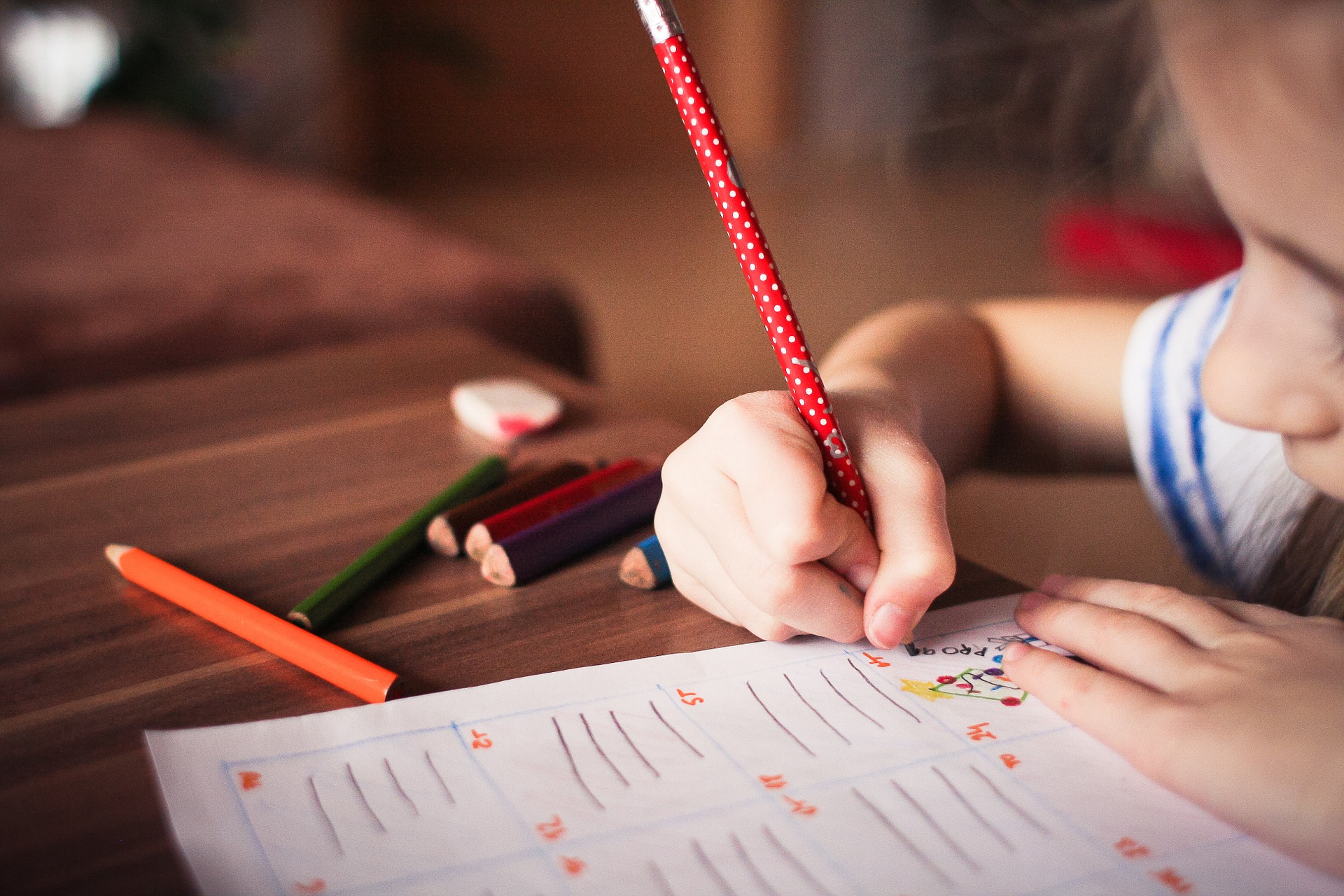Going To School When It’s Sweltering Can Affect Learning: Report

According to the report, school air-conditioning appears to offset 73 percent of the learning impact of hot school days.
Pixabay
July 2019 was the hottest month on record for the planet, according to the National Oceanic and Atmospheric Administration (NOAA). Most metro Atlanta students returned to school shortly afterward, in early August. At times, that’s caused problems in metro Atlanta schools, especially in older buildings with aging HVAC systems.
New research from the University of California Los Angeles shows hitting the books when it’s that hot can negatively affect learning. It stands to reason that being hot and uncomfortable could make it hard to concentrate on math and reading. Researchers at UCLA and other universities analyzed standardized test scores for 10 million students across the country over multiple years.
“The basic idea is: compare the same student over multiple school years,” said Jisung Park, a co-author of the study. “One year might be hotter than another, just by chance, and did he or she learn more or less during that year?”
Park and his co-authors found that higher temperatures were linked to slightly lower test scores.
“On average, if you have a one-degree hotter-than-average school year, you learn around one percent less, which is not huge, but if you think about sort of like a savings account, even a small difference in your monthly savings rate can add up over time,” Park said.
The study also found that intense heat can contribute to the achievement gap between white students and racial minorities. African-American and Latino students tend to live in hotter locations than white students. They’re also more likely than whites to attend schools with little or no air conditioning.
Park said schools that are open when temperatures are hot should invest in up-to-date, working HVAC systems. According to the report, school air-conditioning appears to offset 73 percent of the learning impact of hot school days.








